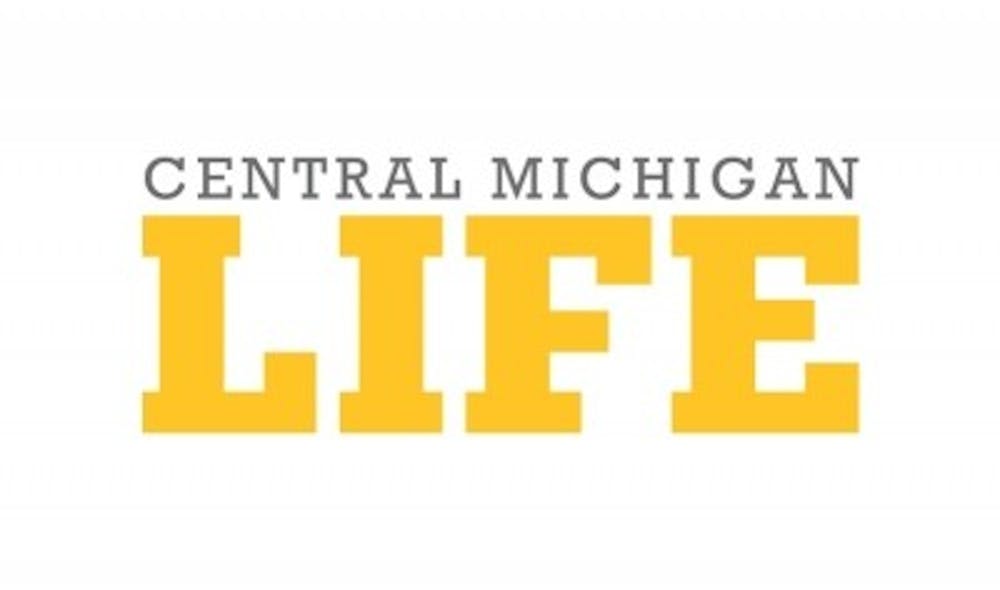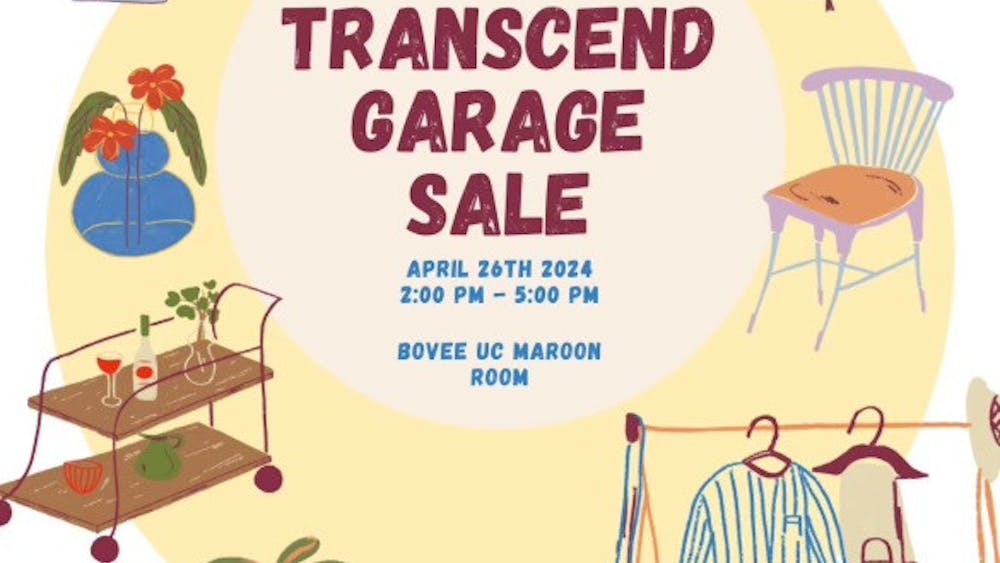Experts discuss opioid epidemic at CMU awareness forum
More than 64,000 Americans died from a drug overdose in 2016 -- 93 percent of those deaths were caused by traditional or synthetic opioids.
These preliminary figures from the Center for Disease Control illustrate the severity of the U.S. opioid epidemic. Central Michigan University gathered experts from across the state to educate the campus community at "Welcome to Michigan's Opioid Epidemic - A Regional Forum" on Friday, Sept. 8.
Nearly 200 people attended the forum in the Dow Chemical Company Foundation Auditorium at the College of Medicine Building. In a span of eight hours, professors, doctors and members of law enforcement shared their firsthand experiences dealing with the opioid crisis.
Speakers at the forum included:
Patrick Shannon
- Adjunct Professor at CMU. Chief Judge for the Saginaw Chippewa Indian Tribe. Member of the Michigan Prescription Drug and Opioid Abuse Commission
Eugene Shoener
- Professor at Wayne State University School of Medicine.
Linda Davis
- Judge for the 41B District Court in Clinton Township.
Cara Poland
- Physician at Spectrum Health
Opioids are a group of drugs synthesized from the opium poppy flower and used by doctors to treat severe pain. Common opioids include: Morphine, Oxycodone and Hydrocodone. While effective, opioids are highly addictive and are derived from the same source as the illicit narcotic Heroin.
The forum was the first major project of CMU’s new Interdisciplinary Center for Community Health and Wellness (ICCHW) – a collaboration involving the College of Medicine, the Herbert H. & Grace A. Dow College of Health Professions, the College of Education & Human Services, the College of Humanities and Social and Behavioral Sciences and the College of Communication and Fine Arts.
“This issue is beyond troubling and everyone needs to come together to figure out its complexity,” said Alison Arnold, the center’s director. “This epidemic is interwoven with so many social problems and hurts communities across the country. It can impact our families, our friends, our acquaintances and so on.”
Faculty member Larry Ashley organized a similar forum last year and worked with ICCHW to expand the concept. He described himself as “the addiction guy” at CMU and worked with the university to develop addiction programs on campus.
Ashley said people are ignorant about addiction, and medical schools spend “about 40 minutes in four years” on the topic. He added that addiction is a medical disease, but American society contributes to the problem.
“We’re a society that takes a pill for everything,” Ashley said. “Opioids have their place but we have to educate our students, physicians and consumers about different approaches toward pain management.”
Charity Landrun, a first-year physician assistant student, said attending the forum made sense as an aspiring medical professional.
“I’m going to be faced with these challenges every day,” the Grand Rapids native said. “We don’t learn a lot about addiction in our classes. An event like this is good because a lot of people are dying and It’s not something that can’t be ignored.”
Thomas Masterson, dean of the of The Herbert H. and Grace A. Dow College of Health Professions, said the purpose of the ICCHW is to unite students and faculty from a wide range of disciplines to tackle major issues.
“There couldn’t have been a more appropriate first project for the center,” Masterson said. “Students and everyone in this community should be interested in this. The number of overdoses in Mount Pleasant and across the state is staggering.”
In 2016, there were nine reported cases of opioid-related deaths in Isabella County, according to a medical examiner’s report. That same year, data from the Michigan Department of Health and Human Services showed more than 1,300 opioid-related deaths statewide.
The epidemic is going to take years to overcome, Masterson said.
“Experts are saying it’s going to get worse before it gets better,” he added. “But it will get better because we’re talking about it. We are more open about confronting, understanding and solving what addiction really is.”
Arnold said the forum exceeded everyone’s expectations and the ICCHW will likely organize follow-up events, some of which would branch out to cover different, yet closely-related topics.
“The cross-section of participants was heartwarming for me,” Arnold said. “This is how paradigm shifts happen. Today we heard about the community’s priorities, and we’re going to respond to those concerns for these events in the future.”





